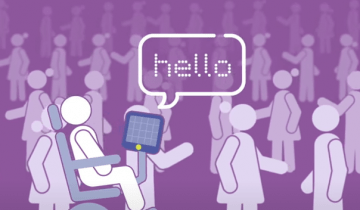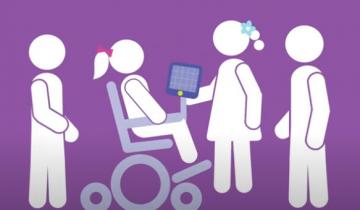Making informed decisions about care and treatment for cerebral palsy (CP) can be overwhelming, especially with the vast amount of medical research available. Through this guide, we aim to help you better understand the types of research you may encounter and provides practical tips for evaluating studies relevant to CP.
March is National Cerebral Palsy Month in the United States and is an opportunity to highlight the history of cerebral palsy advocacy - where we’ve been, where we are currently, and the opportunities that are ahead.
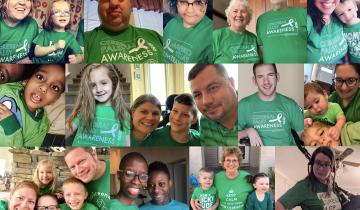
Cynthia Frisina discusses the purpose and importance of Cerebral Palsy Awareness Month and Day to bring people together to advocate for better healthcare, research advancements, funding and more those with CP and their families.
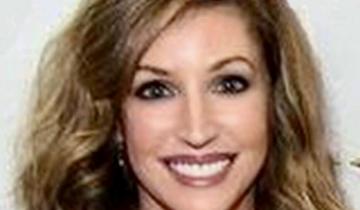
In Episode 4 of Coffee Talk, Nathalie and Jen discuss research and clinical trials.
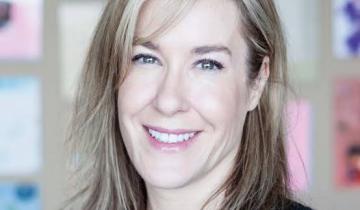
This presentation from the 2023 AACPDM Community Forum presents and overview and a model creating opportunities for employment for individuals with disabilities.
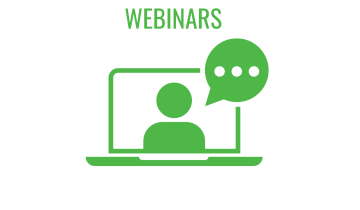
People with disabilities represent more than 27% of the United States adult population, making them the single largest minority group in the country. This new NIH designation, new research program and update to NIH mission are actions to ensure inclusion of people with disabilities.
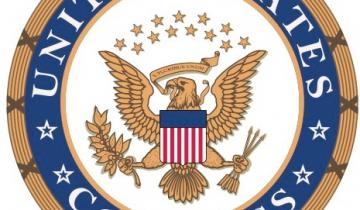
Setting up a comfortable home office is key to optimizing work/life balance.
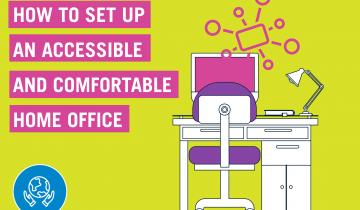
Speech impairments like dysarthria are common in children with cerebral palsy (CP) which can greatly affect participation across environments. Our study examined how speech impairment severity changes over time in 101 children with CP at 4, 6, 8, and 10 years of age.
When a person is looking for a way to communicate in alternative ways, they need to find something that really works for them. They need to try to find a voice that sounds natural. They want to try to find a way to be efficient. They want to be able to communicate as normally as possible, even though they're not using their biological voice.
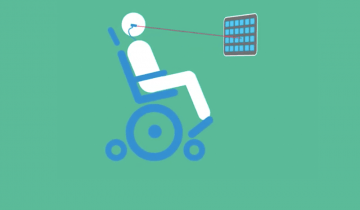
The bipartisan, Cerebral Palsy Research Act, is introduced by Congressman Steve Cohen of Tennessee. Read more here:

The 2023 Appropriations Act has passed and thanks to advocacy by the cerebral palsy community, it includes the strongest language and funding yet for cerebral palsy!

Dysarthria is a motor speech disorder that affects how clear and understandable a person’s speech is. Between 50-90% of people with CP have dysarthria.
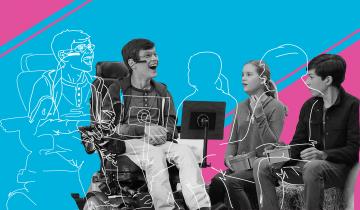
Bimanual therapy, also referred to as intensive bimanual training, engages patients in active play or practice to improve the use and coordination of both hands. Bimanual therapy is different from similar unimanual therapies, like constraint-induced movement therapy (CIMT), because it promotes simultaneous use of both hands.
CPF Executive Director Rachel Byrne and occupational therapist Lorene Janowski discuss OT at home.
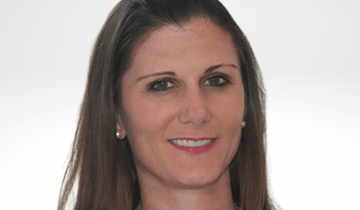
CPF Executive Director Rachel Byrne and Chris Modlesky, PhD discuss exercise, fitness, research, research funding and his current research.
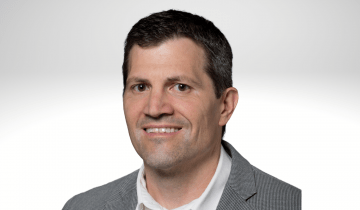
On Thursday, March 24th, 2022, the Cerebral Palsy Foundation hosted the first ever Cerebral Palsy Congressional Briefing with a panel of physicians, patient and self advocates.

Individuals with disabilities have opportunities to work, receive employment training and coaching, benefits counseling and save money without losing means tested benefits. This podcast discusses these options.
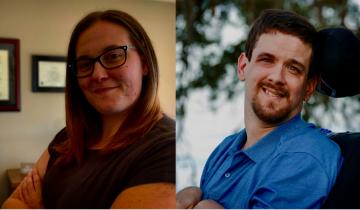
CPF Executive Director Rachel Byrne and Jocelyn Cohen, Vice President of Communications and Engagement at Cerebral Palsy Alliance Research Foundation discuss collaboration in research.
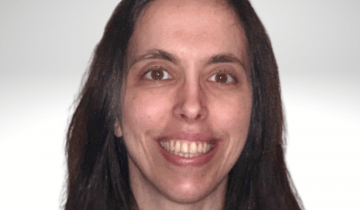
CPF Executive Director Rachel Byrne and speech therapist, Kristen Allison, PhD, CCC-SLP discuss communication and Cerebral Palsy.
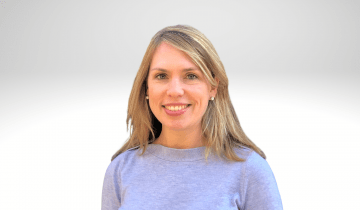
Vocational Rehabilitation (VR), operated by the Department of Education, can be utilized for their many tools to aid those with disabilities in the preparation for the job search, finding gainful employment, and maintaining this employment.
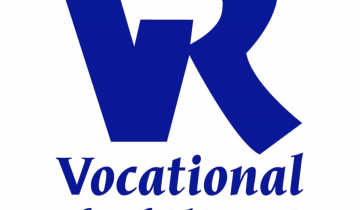
The EazyHold® universal cuff is the answer to gripissues that parents, occupational therapists, schools, hospitals, and care facilities have been seeking. The patented design, available in multiple sizes, gives children and adults the ability to hold onto and use tons of items with ease.
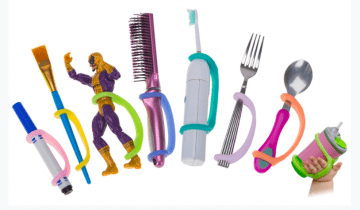
As cities and states across the countries are lifting the COVID-19 lockdown orders, people are returning to work at their offices. However, since the virus is still very much going around, employers must be vigilant about keeping their workplaces as safe as possible. Although we might be seeing a sense of “normalcy,” there’s still a long way to go before reaching the pre-pandemic normalcy—if we
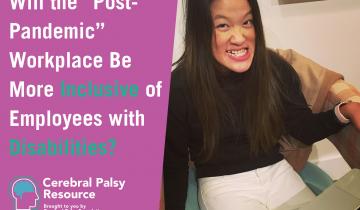
We all have different towns and we all have different things that we do in the course of the day. It may be that the student is a great artist or a great writer. When it comes to assistive technology we have to think about what is going to give that student the ability to do what they love without having to see roadblocks and go, "I can't do that”. There are so many tools out there, whether it's a communication app, a video app, a math tool. With assistive technology you are not making the student into what you want them to be.
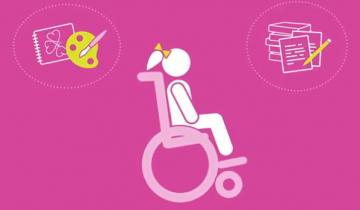
When you use alternate means of communication it can be really frustrating to go out in community. It is hard to know whether people are understanding you and whether they will take the time to listen. A lot of times it's hard for people to admit that they're not always comfortable with a device or a wheelchair or person who does things differently. So the more we can expose and educate people the better off we all will be. When we talk about acceptance, we're not just talking about people in society accepting people with disabilities. We're also talking about people with disabilities who are using alternate means of communication and how difficult it is for them to be out in the community.
